Summer 2025 Advanced Standing and Fall 2025 Applications NOW OPEN for On-Campus MSW

Doctor of Philosophy
Scholars for 21st century challenges.
USC established the first social work doctoral program in the western United States in 1953. Today, we continue to welcome highly motivated individuals who are passionate about developing original research that is interdisciplinary and takes a global perspective to advancing the profession’s knowledge base.
Students admitted to our PhD program pursue a customized course of study in an atmosphere of highest regard for scholarship and careful mentoring from faculty who are top ranked in the nation for funded research.
Pursuing a PhD at USC places you in the center of Los Angeles with an exclusive opportunity to develop and test research in one of the most culturally and ethnically diverse cities in the world.
The USC Graduate School is committed to providing detailed information on the inputs, outcomes and overall characteristics of its PhD programs, for the purposes of full transparency and to support informed decision making. You can find details, including admission statistics for our PhD program, on the USC Graduate School site and select Social Work for the program.

Should I Pursue a PhD in Social Work?
Students interested in graduate level social work should consider the benefits, challenges and potential career paths associated with a PhD.
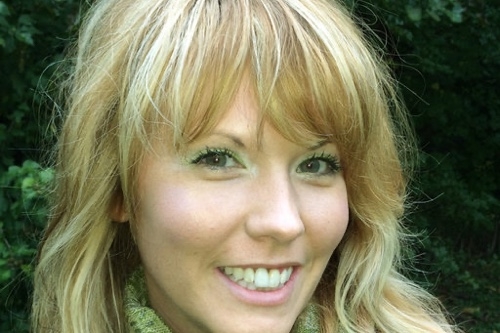
USC PhD Achievement Award
Tasha Perdue, PhD '21, received the 2021 USC PhD Achievement Award , one of six PhD students the university annually recognizes for their exceptional academic profiles.
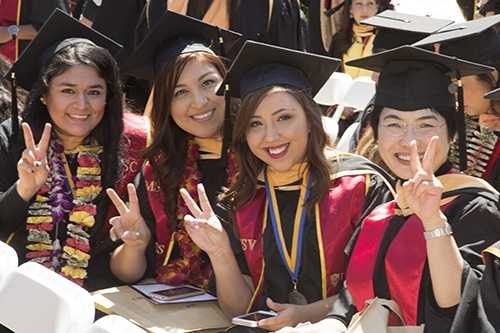
PhD Admissions
Our admission PhD candidate selection process is rigorous, reflecting our emphasis on academic achievement, initiative and motivation.
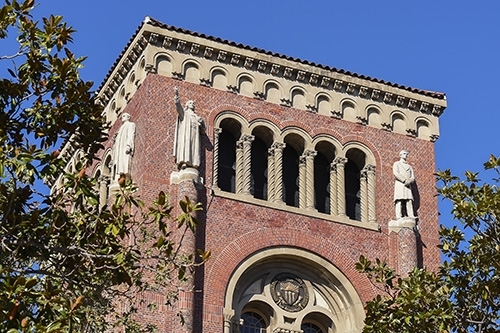
PhD Degree Requirements
The PhD program requires a minimum of 45 units beyond the master's degree and successful completion of written and oral qualifying exams and the doctoral dissertation.
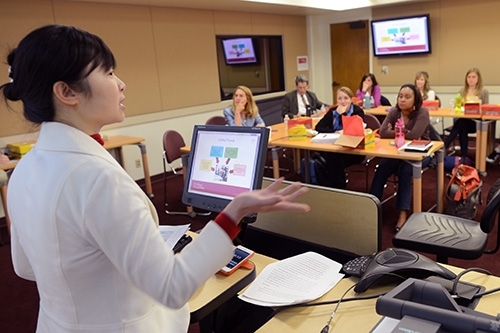
PhD Research
Our PhD program places major emphasis on independent inquiry, the development of competence in research methodology, and communication of research results.
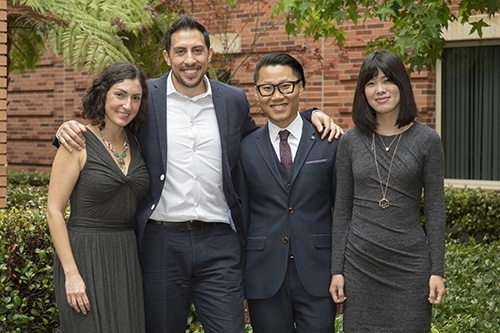
PhD Students
We provide our PhD Students a wide range of educational support services, a rich campus experience and our Doctoral Student Association.
PhD Faculty
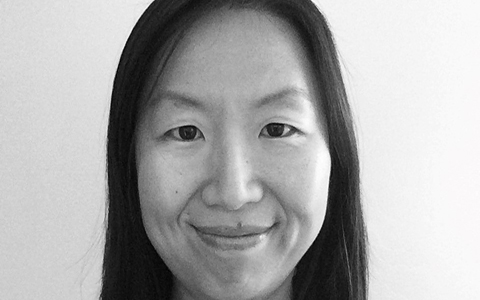
Olivia Lee Associate Professor Director, PhD Program
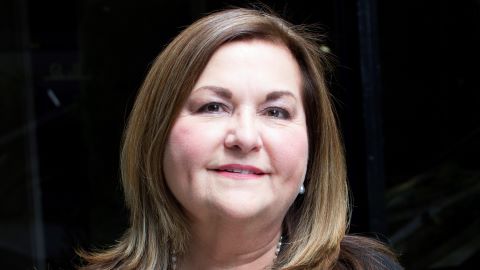
Maria Aranda Professor Executive Director, Edward R. Roybal Institute on Aging
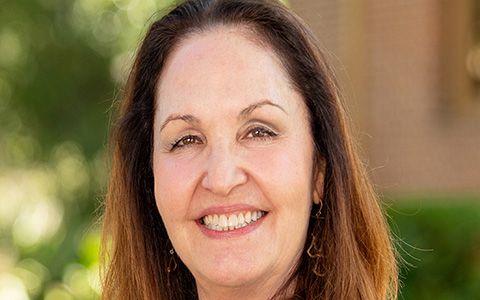
Concepcion Barrio Associate Professor
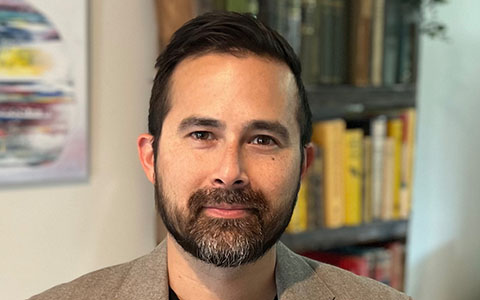
John Blosnich Associate Professor Director, Center for LGBTQ+ Health Equity
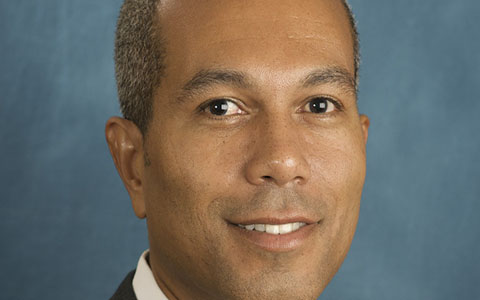
Devon Brooks Associate Professor Associate Dean of Academic Affairs
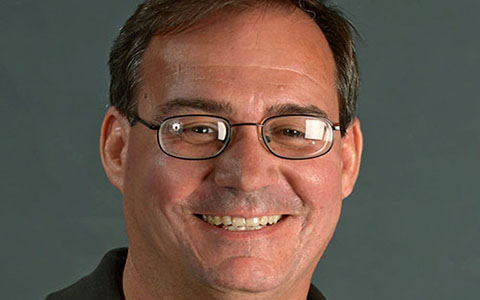
Carl Castro Professor Director, Military and Veterans Programs
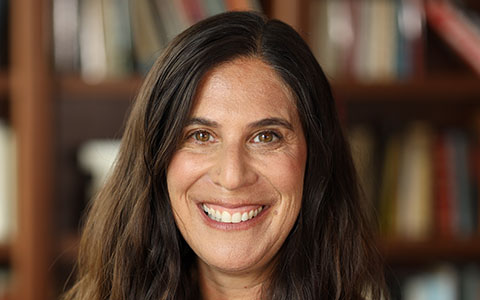
Julie Cederbaum Associate Professor

Alice Cepeda Professor
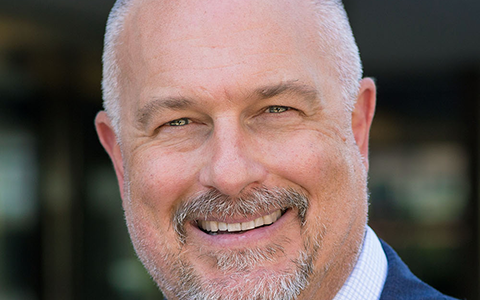
John Clapp Director, Doctor of Social Work Program
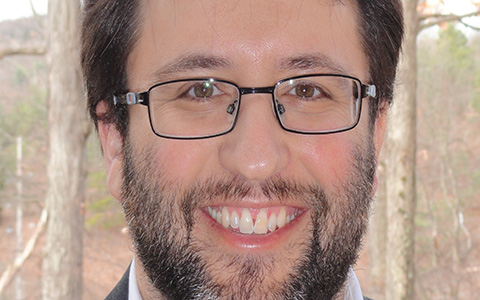
Daniel Hackman Associate Professor
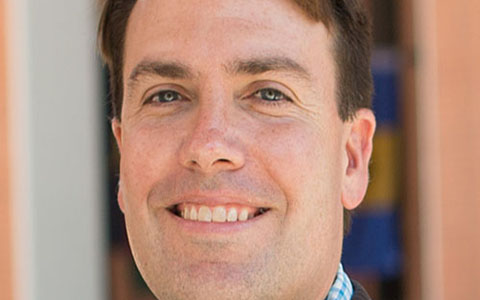
Ben Henwood Professor Director, Center for Homelessness, Housing and Health Equity Research
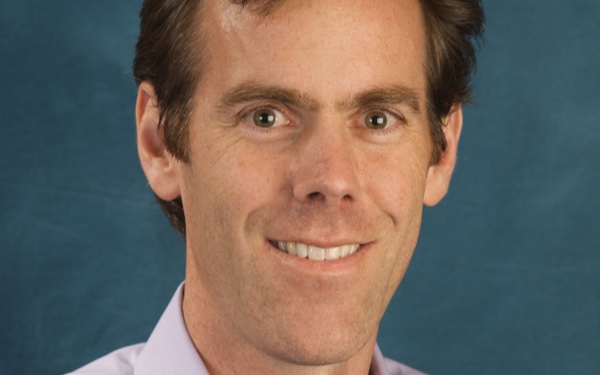
Michael Hurlburt Associate Professor
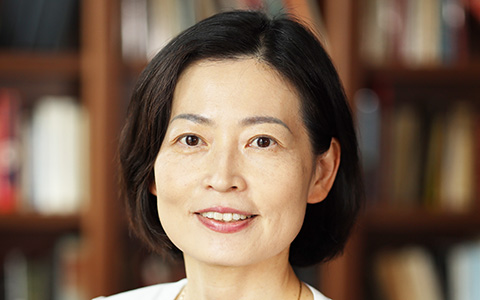
Yuri Jang Professor
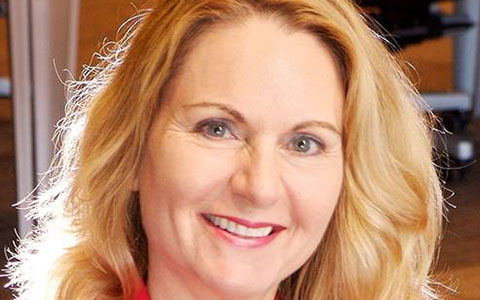
Michàlle Mor Barak Professor
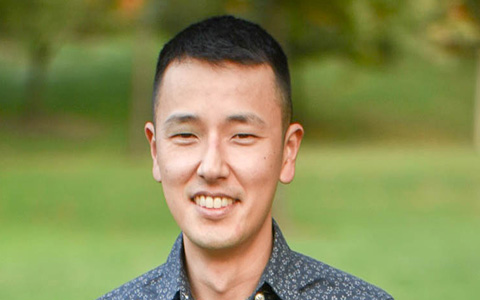
Hans Oh Assistant Professor
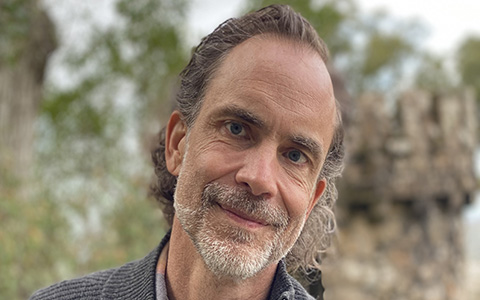
Eric Rice Professor Director, USC Center for AI in Society

Avelardo Valdez Professor
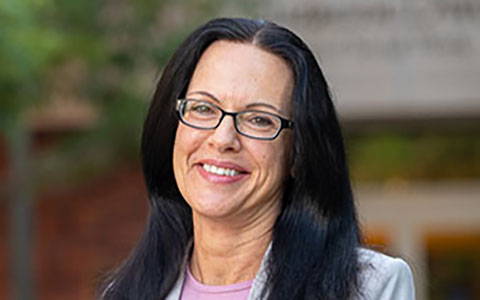
Suzanne Wenzel Professor
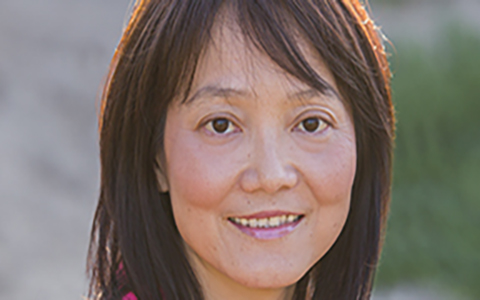
Shinyi Wu Associate Professor
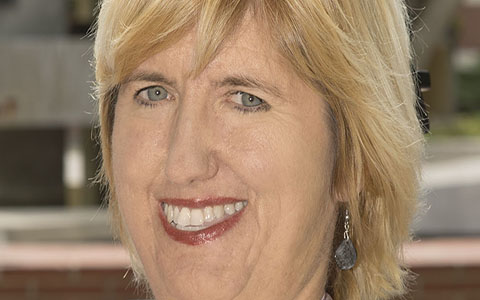
Ann Marie Yamada Associate Professor
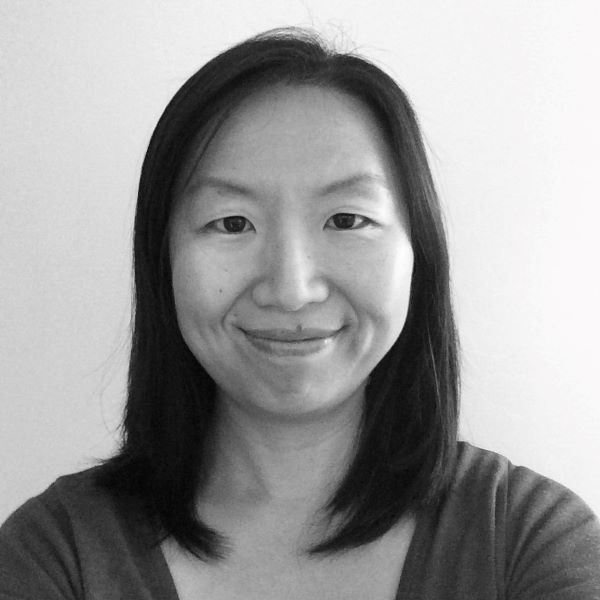
Associate Professor Director, PhD Program
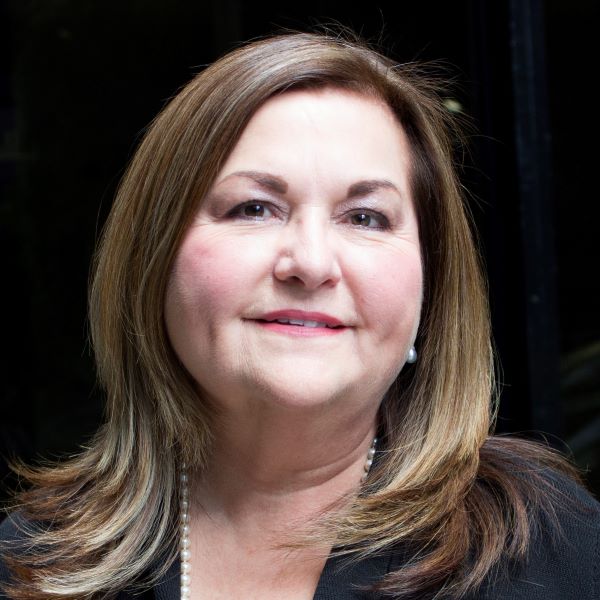
Maria Aranda
Professor Executive Director, Edward R. Roybal Institute on Aging
Research interests address interplay between chronic illness, social resources and psychological well-being in low-income minority populations. Aranda joined the USC faculty in 1995 and holds a joint appointment with the USC Leonard Davis School of Gerontology. She has 20 years of licensed clinical experience providing mental health services to Latinos in the greater Los Angeles area. She has served on local and national boards and committees dedicated to the enhancement of practice, policy, research and advocacy related to underserved minority populations.
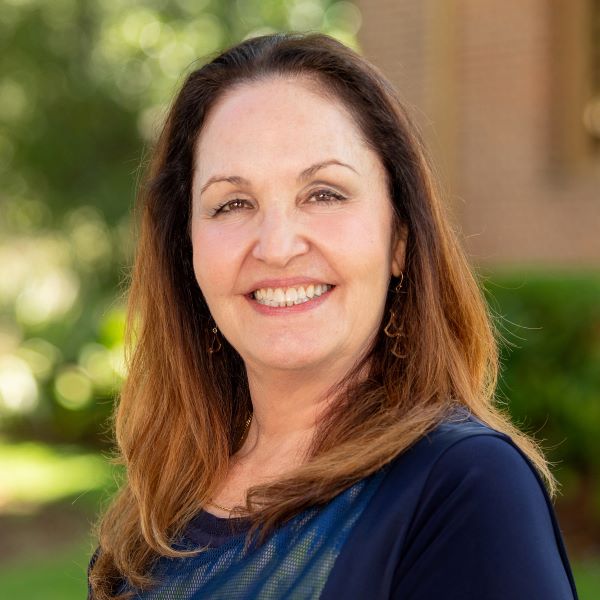
Concepcion Barrio
Associate Professor
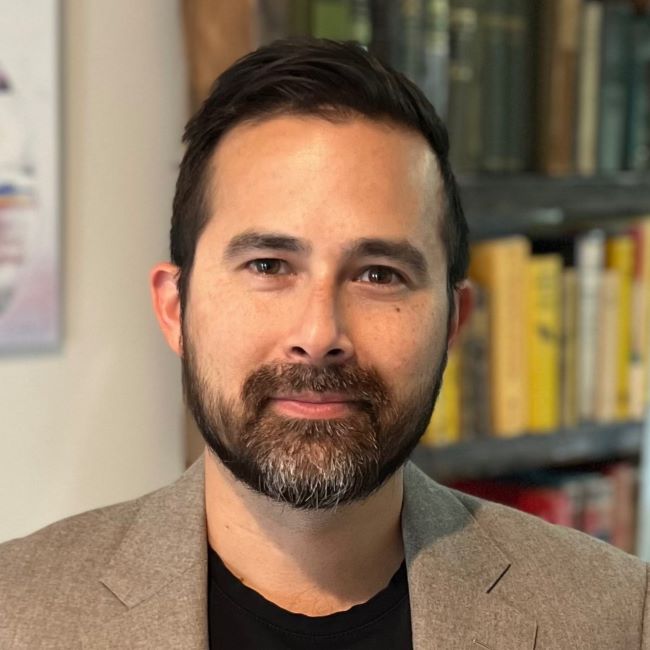
John Blosnich
Associate Professor Director, Center for LGBTQ+ Health Equity
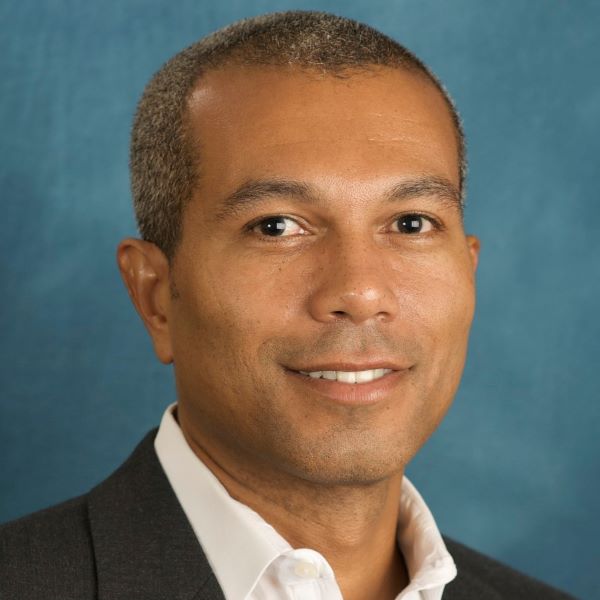
Devon Brooks
Associate Professor Associate Dean of Academic Affairs
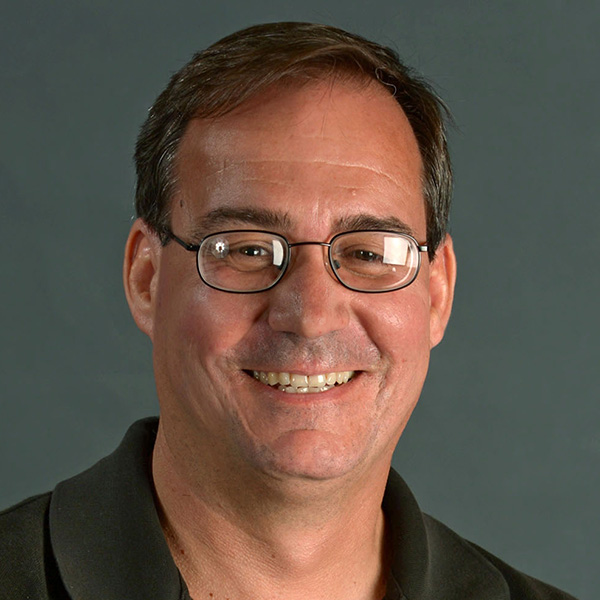
Carl Castro
Professor Director, Military and Veterans Programs
Carl A. Castro is an associate professor, also serving as the director of Military and Veterans Programs. Castro joined the faculty in 2013 after serving 33 years in the U.S. Army, where he obtained the rank of colonel. Castro began his military career as an infantryman in 1981. He served in a variety of research and leadership positions, including as director of the Military Operational Medicine Research Program, Headquarters, U.S. Army Medical Research and Materiel Command, Fort Detrick, Maryland.

Julie Cederbaum
Dr. Cederbaum focuses on primary and secondary HIV prevention both within and outside the United States.
Julie Cederbaum joined in 2009 after completing her doctoral studies at the University of Pennsylvania, where she worked within a multidisciplinary team at the Center for Health Disparities Research. Her work has focused on primary and secondary HIV prevention both within and outside the United States.
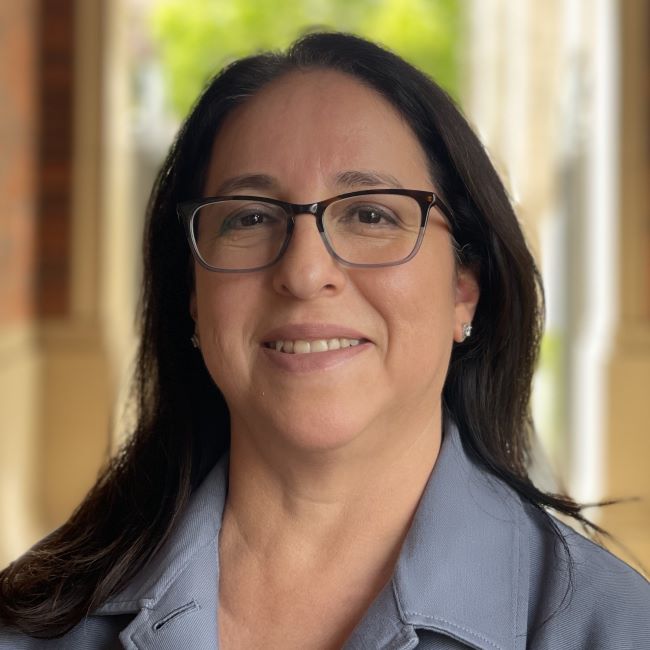
Alice Cepeda
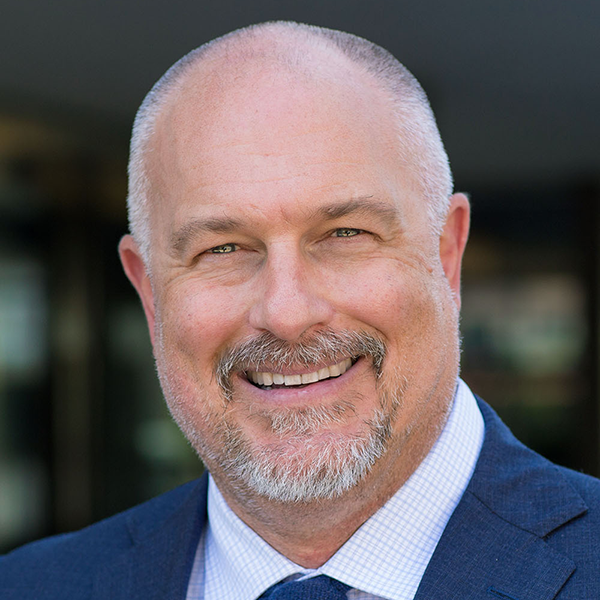
Director, Doctor of Social Work Program
John D. Clapp is a professor at the Suzanne Dworak-Peck School of Social Work at the University of Southern California. Clapp is known internationally for his research and translational work in the field of alcohol problem prevention. A fellow in the American Academy of Health Behavior, Clapp is currently studying the system dynamics of drinking events with a team of engineers and computer scientists with the goal of developing “smart” real-time prevention applications. He has published more than 100 journal articles, with his work appearing in the Journal of Studies on Alcohol and Drugs, Addiction, Drug and Alcohol Dependence , among numerous other top research journals.
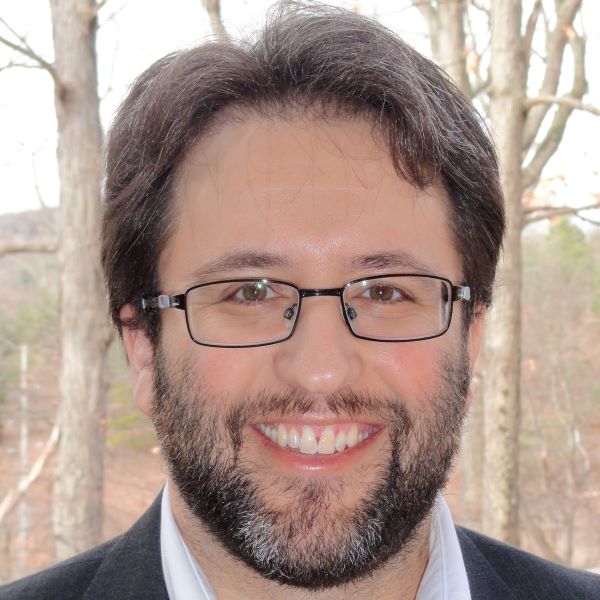
Daniel Hackman
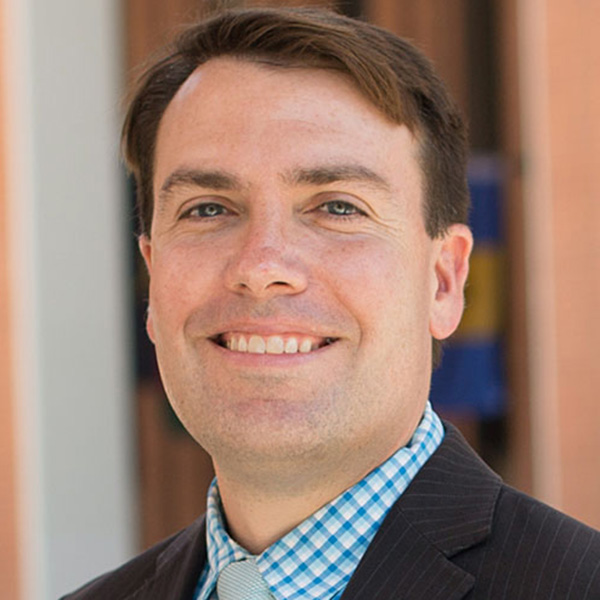
Ben Henwood
Professor Director, Center for Homelessness, Housing and Health Equity Research
Expert on housing and integrative support for homeless individuals. Dr. Henwood is a licensed clinical social worker who has served as an administrator, clinician and researcher for organizations serving adults experiencing homelessness and serious health conditions, including mental illness, physical disease and addiction. Henwood helped start and served as the clinical director for Pathways to Housing, Inc., a Housing First agency in Philadelphia, where he also served as the principal investigator of clinical research that sought to develop more effective models of integrating primary and behavioral health care.
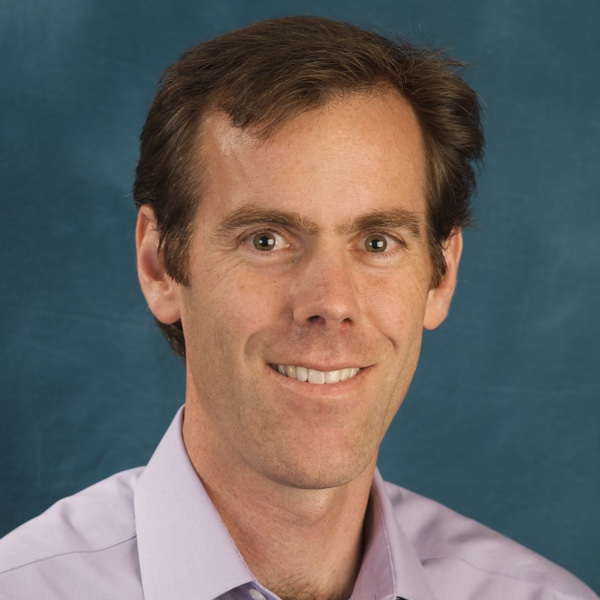
Michael Hurlburt
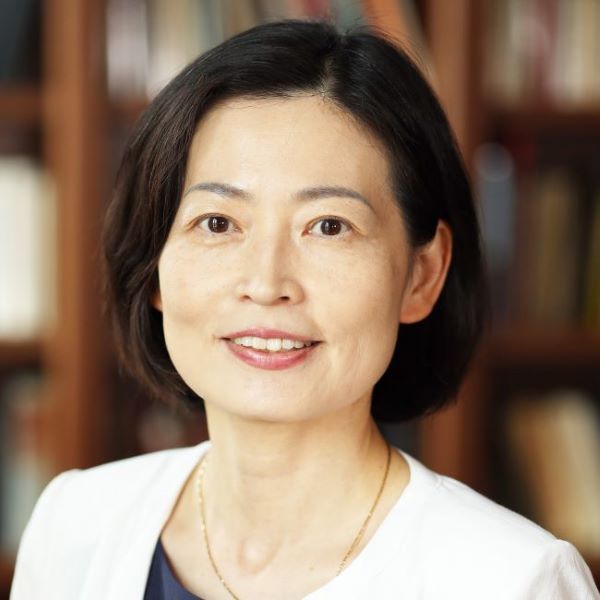
Michàlle Mor Barak
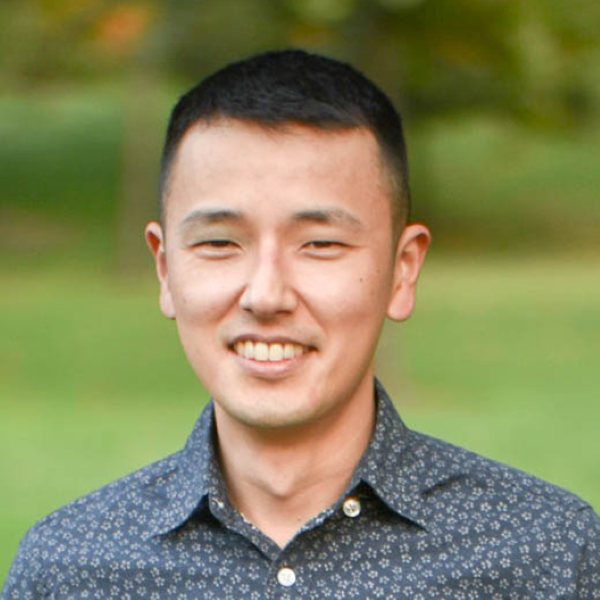
Assistant Professor
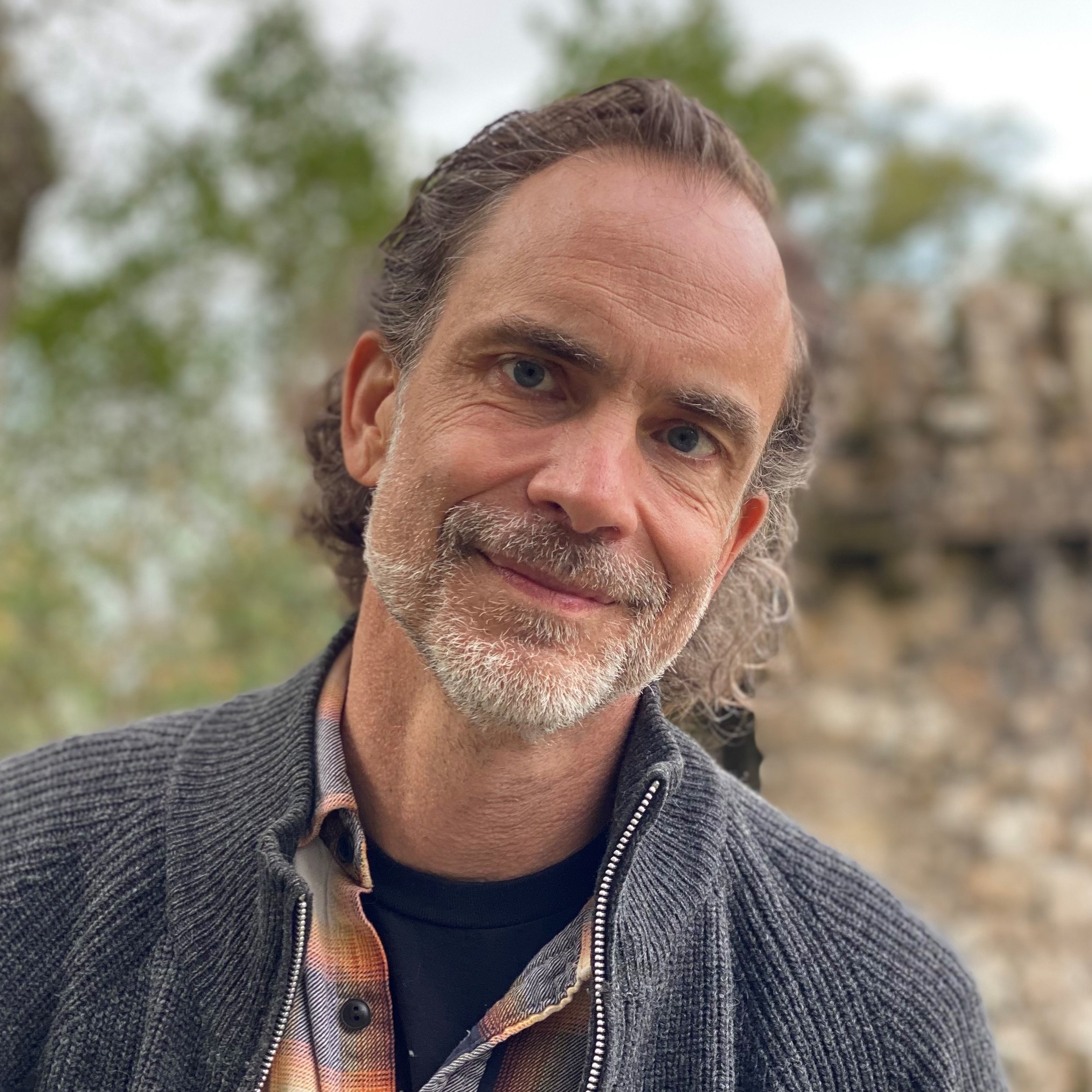
Professor Director, USC Center for AI in Society
Social work expert, focusing on community outreach, network science, and the use of social networking technology by high-risk youth. Eric Rice is an associate professor and the founding co-director of the USC Center for Artificial Intelligence in Society, a joint venture of the USC Suzanne Dworak-Peck School of Social Work and the USC Viterbi School of Engineering. Rice received a BA from the University of Chicago, and an MA and PhD in Sociology from Stanford University.
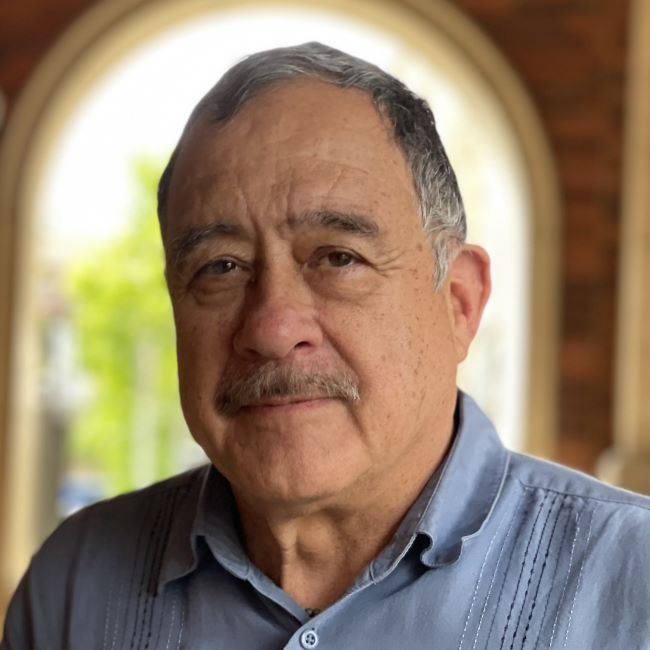
Avelardo Valdez
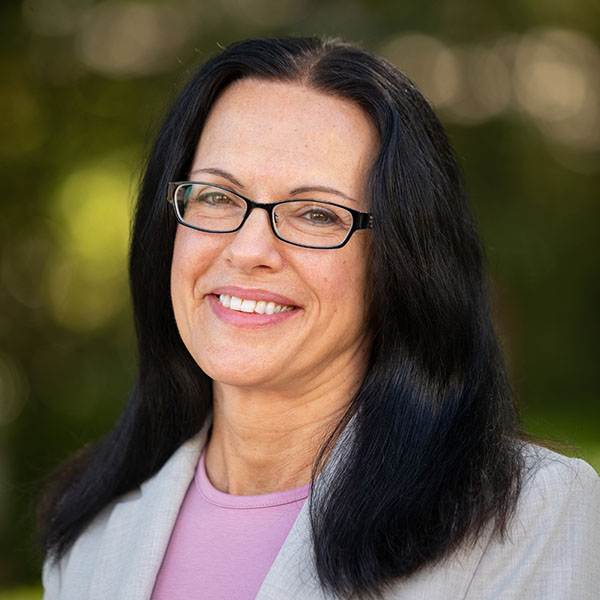
Suzanne Wenzel
Interdisciplinary researcher, specializing in the health-related needs of vulnerable populations. Suzanne Wenzel has devoted much of her career to interdisciplinary research that seeks to understand and address health-related needs of vulnerable populations, particularly individuals experiencing homelessness in urban communities. Wenzel has also served as the principal investigator on ten grants from the National Institutes of Health.
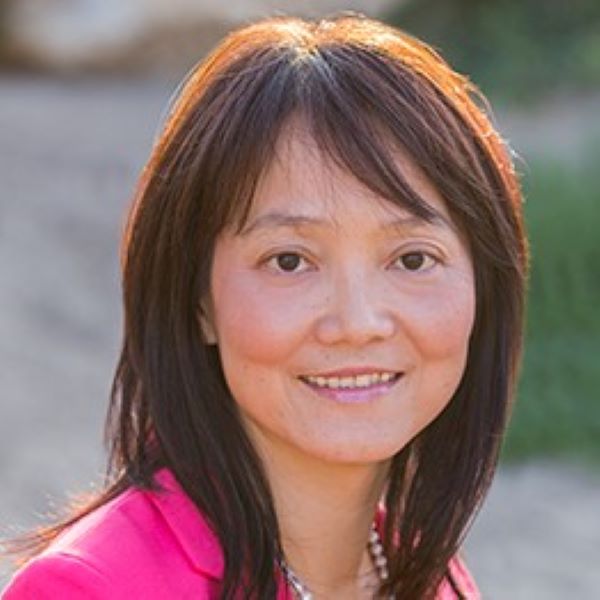

Ann Marie Yamada

With the enrollment of a small group of highly qualified experienced social workers, the Suzanne Dworak-Peck School of Social Work established the first social work doctoral program in the Western United States in 1953. Over the years, the school has continued the tradition of providing opportunities for learning in small classes, seminars and tutorials.
The major goal of the doctoral program in social work is to produce social work scholars who will have the capacity to make valuable and significant contributions to the knowledge base of the profession. Students acquire the skills necessary to become professional scholars and develop a significant capacity for professional leadership. Toward this end, the school is committed to pursuing excellence in education with persons of definite promise and to seeking gifted students of varied social, ethnic and economic backgrounds.
Through training in specific areas, graduates of the program develop theoretical, conceptual, critical and analytic skills which can be applied to social, organizational, interpersonal and personal problems. They emerge from the program with substantive knowledge and analytic skills that enable them to contribute to understanding social problems and ways of solving them. With these skills, they are able to take a disciplined approach to the issues confronting the profession of social work and the field of social welfare and are prepared to make a significant contribution to the research and scholarship that informs society’s effort to improve the human condition.
The PhD program in social work is administered by the Doctoral Committee of the Suzanne Dworak-Peck School of Social Work in accordance with the policies set by the Graduate School. The requirements listed below are special to the Suzanne Dworak-Peck School of Social Work and must be read in conjunction with the general requirements of the Graduate School .
Admission Requirements
Applicants for admission to the doctoral program must meet the following requirements:
- A master’s degree from a program accredited by the Council on Social Work Education or from another field related to social work.
- Academic promise, as evidenced by above average achievement in undergraduate and professional education and a personal statement outlining the applicant’s scholarly goals.
- Professional competence as demonstrated through substantial experience in responsible social work, internships or other positions either during or subsequent to the master’s program.
- Personal qualities compatible with performance in social work and indicating a potential for leadership in the field: skill in relationships, flexibility and openness to new ideas, maturity, identification with the profession of social work, and commitment to furthering the development of the profession.
- Satisfactory performance on the Test of English as a Foreign Language (TOEFL) or International English Language Testing System (IELTS) for all international students prior to the date of application. Existing test scores are valid and may be submitted if the TOEFL or IELTS has been completed no more than two years of your intended first term at USC. For example, no earlier than August 1 two years prior if applying for the fall term. Information may be obtained from the USC Center for Testing and Assessment, 3501 Trousdale Parkway, Los Angeles, CA 90089-4354, (213) 740-1188
- Submission of application materials as required. Instructions for application to the Doctor of Philosophy in Social Work program are available online only at: sowkweb.usc.edu/admissions/doctor-of-philosophy/application-process
Under unusual circumstances, applications from persons who do not meet these requirements, including those who have just been awarded the MSW degree, will be considered. In cases where the MSW (or its equivalent) has recently been granted and the applicant does not have the prerequisite post-master’s degree employment experience, it may be required that such experience be acquired concurrent with enrollment in the doctoral program.
Under very unusual circumstances, applications to the doctoral program in social work will be considered from those who do not hold the MSW or an equivalent degree. Such applicants, in order to be admitted to the program, must have a master’s degree (or its equivalent) in a field related to social work and a demonstrated commitment to the field of social work as evidenced by substantial contribution to the knowledge base of the profession. Admission decisions on applicants who do not hold an MSW or equivalent degree will be made by the full Doctoral Program Committee of the Suzanne Dworak-Peck School of Social Work rather than by a subcommittee of that body.
Priority will be given to applications that are completed by December 1.
Application Procedure
All applicants to the doctoral program must submit the following information: (1) graduate admission application using the university’s online system; (2) statement of purpose which is submitted as part of the online application; (3) current resume which is uploaded as part of the online application; (4) all undergraduate and graduate transcripts, upload unofficial transcripts which is part of the online application until USC Office of Graduate Admission receives the official sealed transcripts sent directly from the institution(s); (5) four letters of reference, at least three of which are from persons who can assess the student’s scholarly potential; (6) recent TOEFL or IELTS scores; (7) documented evidence of financial support is required of all international applicants; (8) PhD supplemental information which is part of the online application; (9) career plans and goals which is part of the online application and (10) scholarly writing sample which is uploaded as part of the online application.
Foreign Language/Research/English Language Requirements
There is no foreign language requirement for the PhD degree. Competence in advanced research methodology and statistics is required through satisfactory completion of required courses. All international students are required to submit their TOEFL or IELTS scores from a test date prior to application and to meet university requirements for teaching.
Course Requirements
Students must complete a minimum of 48 course units beyond the master’s degree (exclusive of SOWK 794a , SOWK 794b , SOWK 794c , SOWK 794d , SOWK 794z Doctoral Dissertation). Students must complete at least 24 units within the Suzanne Dworak-Peck School of Social Work and at least three courses in other departments or schools within the university. At least 8 of these 12 units must be in courses with a substantive rather than a research-methodology or statistic focus. Students must also take at least one 3-unit elective and one additional research or statistics course either in the Suzanne Dworak-Peck School of Social Work or elsewhere in the university. Each student must develop a concentration either in another discipline outside the Suzanne Dworak-Peck School of Social Work (such as gerontology; sociology; psychology; preventive medicine; business; policy, planning and development; or political science) or in a problem area where different external courses in different departments or schools bear on a specific social problem like homelessness. An overall grade point average of B (3.0) on all graduate work attempted in the doctoral program is required for graduation.
Core Content
All students are expected to master core content. They must also complete 12 units from the substantive five core courses.
Required Courses
24 units from the following:
- SOWK 702 Theories of Human Behavior in the Contexts of Social Environments Units: 3
- SOWK 703 Explanatory Theories for Larger Social Systems Units: 3
- SOWK 733 Policy Analysis and Advocacy in a Comparative Social Policy Context Units: 3
- SOWK 743 Theories for Practice with Small Systems Units: 3
- SOWK 744 Theories for Practice with Large Systems Units: 3
Core Courses:
- SOWK 760L Introduction to Social Work Statistics Units: 3
- SOWK 761L Multiple Regression for Social Work Research Units: 3
- SOWK 762 Social Work Research Methods I Units: 3
- SOWK 763 Social Work Research Methods II: Issues in Research for Social Work Practice Units: 3
- SOWK 764 Advanced Multivariate Statistics Units: 3
Macro focus:
students with a macro focus in policy, community organization or administration must complete either SOWK 702 or SOWK 743 as part of their core curriculum.
- SOWK 702 Theories of Human Behavior in the Contexts of Social Environments Units: 3 or
Micro focus:
students with a micro focus in direct practice must complete either SOWK 703 , SOWK 733 or SOWK 744 .
- SOWK 703 Explanatory Theories for Larger Social Systems Units: 3 or
- SOWK 733 Policy Analysis and Advocacy in a Comparative Social Policy Context Units: 3 or
Other Requirements
- Elective Units: 3 *
- Research or statistics course Units: 3 *
- SOWK 790 Research Units: 1, 2, 3, 4, 5, 6, 7, 8, 9, 10, 11, 12 (6 units required)
* Must be taken in the Suzanne Dworak-Peck School of Social Work or elsewhere at USC
Additional Requirements
Students must complete a minimum of 12 units per semester in their first semester and second semester of their first year in the program to maintain their status as full-time students and eligibility for financial support from the Suzanne Dworak-Peck School of Social Work.
Individualized Course of Study
The second year of the curriculum is largely individualized to meet each student’s educational goals. It is organized around a specific field of social work practice or a problem area. In the case of fields of practice or problem area, students gain knowledge of that field’s development and policies; one level of comparative practice theory applicable to that field; comparative explanatory theory appropriate to the field and the chosen practice level; and advanced research methods which can be used to explore field-specific questions.
Field of Practice is defined as a field of activity in which there is an identifiable service delivery system, a continuum of care for clients, and a defined or established role for social workers.
Given the current expertise of the faculty and available faculty resources, students may choose from the following fields of practice specializations:
Given the current expertise of the faculty and available faculty resources, students may choose from the following fields of practice specializations: (1) families and children, (2) mental health, (3) health, (4) occupational/industrial employment, (5) aging/gerontology, or (6) economic security/income maintenance.
Additional fields of practice can be added to the above choices depending on faculty interest, expertise and availability.
Problem Area is defined as a social or service delivery problem that is relevant to the field of social work such as homelessness or urban health systems.
Practice Theory is defined as advanced knowledge of comparative practice theories at one point on the intervention continuum as they relate to the field of practice chosen. The practice intervention continuum is defined to include practice with individuals, families and groups, as well as community practice, administration, planning and policy practice.
Explanatory Theory is defined as advanced knowledge of comparative social science theories as they relate to the field of practice and level of intervention chosen.
Specialized Research Skills is defined as advanced skills in research methodology and statistics which support the student’s dissertation within the field of practice.
Students fulfill the requirement for the mastery of the content of their individualized course of study through a combination of at least three (2-unit) directed tutorials ( SOWK 790 ) with members of the social work faculty, at least three university courses in other departments of the university and an elective.
Students prepare an individualized course study plan with their faculty adviser in the spring of the first year that is approved by the doctoral committee. It details classes and tutorials that each student will take during the second year of the program.
Opportunities for Further Skill Development
The program offers students skills training in both teaching and research.
Teaching Skills
All doctoral students must teach for two semesters before they graduate. Requirements may be fulfilled by coteaching, teaching as an assistant or solo teaching. Before beginning these teaching experiences, students must take a teaching course approved by the doctoral committee. International students must meet the English proficiency standards set forth by the American Language Institute and participate, if necessary, in specialized training offered by the Center for Excellence in Teaching.
Additional Research Skills
Students are also offered the opportunity for enhanced skills building in research through a research internship. The one- or two- semester internship ( SOWK 785 ), starting typically in the spring of the second year, is designed to provide students with hands-on, practical experience with an ongoing faculty research project prior to the start of their own dissertation research. Typically, activities include data collection and/or analysis. The practicum is expected to yield a paper of publishable quality co-authored by the student and the faculty member.
Students may enroll in SOWK 599 by petitioning the doctoral committee in writing. The decision to grant or deny admission will be based on each applicant’s learning and research interests and permission of the instructor.
The usual program includes two years of full-time course work, plus an additional period for completing the qualifying examinations and dissertation. In rare cases, students who are not able to take the full-time program because of employment may spread course work over three years. They must, however, have the equivalent of full-time study in residence for at least one year.
Students should specify whether they are applying for the full-time or part-time program at the time they apply to the program. Part-time students usually carry two courses per semester during the academic year. They may wish to accelerate their progress by enrolling in appropriate courses when available during the summer session.
The time limit for completing all requirements for the PhD degree is eight years from the first course taken at USC to be applied toward the degree. Students who have completed an applicable master’s degree at USC or elsewhere (almost all students in the social work doctoral program) must complete the PhD in six years.
Transfer of Credit
The transfer of post-master’s doctoral course work from another institution will only be considered if a grade of B or better (A = 4.0) has been obtained, and the course has been completed within the last five years. Transfer of credits must be petitioned and approved by both the Suzanne Dworak-Peck School of Social Work and the Graduate School.
Screening Procedures
When students have completed a minimum of 16 units (but not more than 24 units) of doctoral course work, the doctoral committee assesses their performance and makes a decision about their readiness to continue in the program. If the decision is to deny permission to continue, the students are so notified. If permission is granted, a qualifying exam committee is established.
Qualifying Exam Committee
The qualifying exam committee is composed of five faculty members, four of whom, including the chair, are from the Suzanne Dworak-Peck School of Social Work and one from an academic unit of the university other than the Suzanne Dworak-Peck School of Social Work. The function of the qualifying exam committee is to oversee the development of the student’s academic program through the qualifying examination.
Qualifying Examination
As a prerequisite to candidacy for the PhD degree, students must pass written and oral qualifying examinations. In order to take the examinations, students must complete all core courses, at least 6 units of SOWK 790 tutorials and at least 32 units of course work in the doctoral program with a minimum grade point average of 3.0.
All students must pass a qualifying examination by completing a paper that the examination committee judges to be of publishable quality and passing an oral examination on subject matter related to the paper. The paper must deal with a substantive theoretical, model-building or methodological issue in the student’s chosen area. Critical reviews of the literature or reports of empirical studies conducted by the student specifically for the qualifying examination are acceptable. The topic of the paper will be chosen in conjunction with the student’s chair and must be defended before and agreed to by the entire examination committee. The content of the paper is to go beyond products developed for tutorials and must be an independent effort. Further details for completing the paper and oral examination are provided as needed. When students pass the written and oral portions of the qualifying examination, they advance to candidacy.
In accordance with university policy, since the two portions of the qualifying examination are considered part of a single examination, only one retake of either portion of the examination is permitted. When the oral examination has been passed, the student is formally admitted to candidacy.
Doctoral Dissertation
When the student is admitted to candidacy, a dissertation committee is established consisting of three members of the qualifying exam committee, one of whom must be from outside the Suzanne Dworak-Peck School of Social Work. The dissertation committee has the responsibility of providing consultation in research, approving the dissertation, conducting the final oral examination and recommending the candidate for the PhD degree. The doctoral dissertation should make a contribution to knowledge and theory related to the profession of social work. Dissertations must not only show technical mastery of the subject and research methodology but must also demonstrate the candidate’s ability to work independently as a scholar.
The first step in the dissertation process is the development of a dissertation proposal. Normally about 25-30 pages, the proposal should contain a clear statement of purpose, a rationale for the research, research questions or hypotheses, a review of pertinent literature, and an explication of the research methods to be used including the design, instrumentation, sampling procedures and plan for analysis. The proposal must include human subject clearances for the anticipated research obtained from the appropriate school and university committees.
The dissertation proposal is submitted to the student’s dissertation committee and defended. Upon approval of the proposal, a copy is filed with the director of the doctoral program.
It is expected that students will begin work on their dissertation prospectus as soon as possible after completion of the qualifying examinations, and that an acceptable proposal will be presented within three months of the completion of the examination.
Abstract of Dissertation
Since the abstract of the dissertation is also published in Dissertation Abstracts International , it should be written with care and must be representative of the final draft of the dissertation. A shorter abstract for publication in Social Work Research and Abstracts is also required.
Final Oral Examination
Upon approval of the final draft of the dissertation by all members of the dissertation committee, the candidate must pass a general final oral examination. After the candidate successfully completes the final oral examination, the committee recommends the candidate to the Graduate School for the PhD degree.

IMAGES
VIDEO